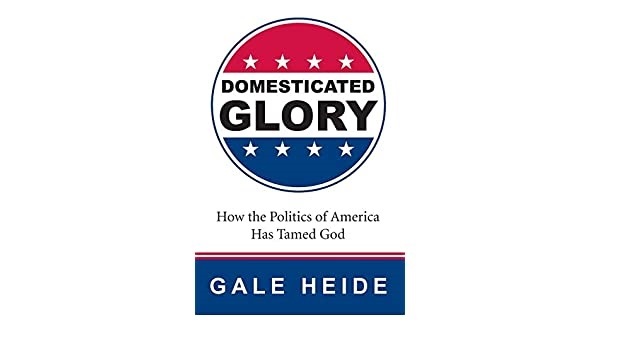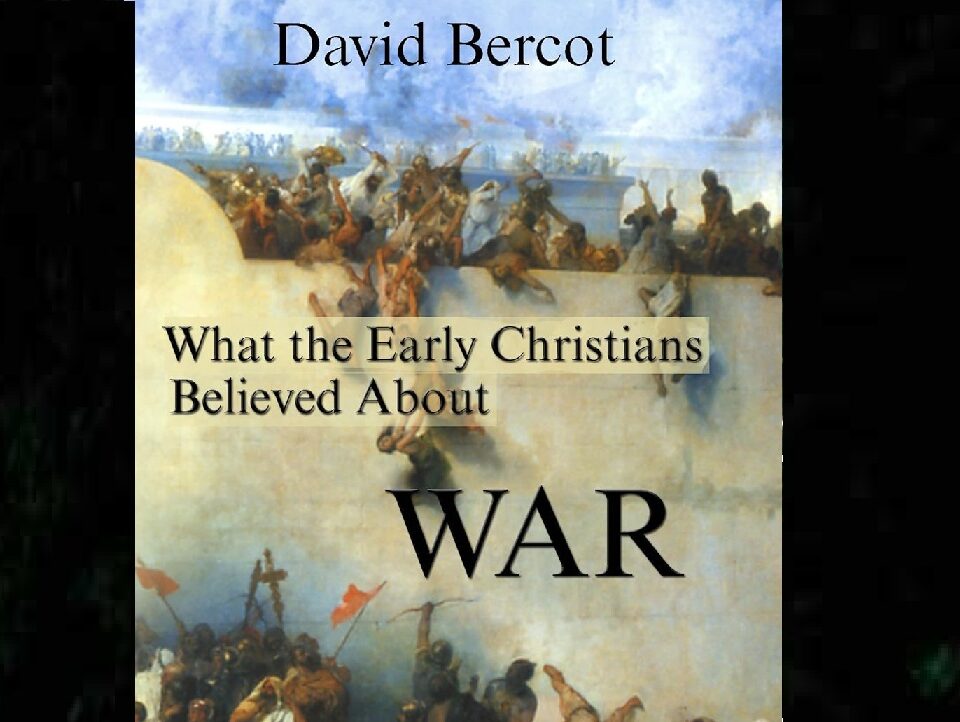From Domesticated Glory: How the Politics of America Has Tamed God
God is not merely an interest of ours, He is Lord of the creation, of which we are a part. Unfortunately, we don’t really believe any longer that God is the Lord of all that is. What we fail to realize is that these other competing interests also wish to be lords over us. We have become so bewitched by their allure and our capacity to be gods ourselves that we fail to see the powers as powers—the angel of light can look very bright. In other words, I am claiming that Christ’s Lordship is entirely comprehensive and cannot be balanced against other interests. All other claims on the life of the believer, including our own claim to autonomy, are finally subsumed in our identity as Christians.
I wish to push this point a bit by asking again, by way of reminder, the question, “Who owns our children?”
We would almost instinctively respond “Why, the parents, of course!” But after pondering the question for a bit, we realize that the state actually claims to own our children. For if the state does not like the way we are raising our children or believes that we are somehow doing them harm in the way we raise them, then it will take them away and ask someone else to raise them in a manner the state approves.
To push this even further, ask yourself the question, “Who owns me?”
We would like to say God does, but again we remember that the state at times makes claims indicating that it wishes to exercise ownership. One such instance is the military draft, in which the state asks young men (and women?) to give their very lives for the sake of the preservation of the state and all of its incumbent privileges.
Don’t misunderstand my point here.
Obviously, I am not trying to argue for becoming a tax-dodging rebel who wars against the state. Indeed, though I have seen and heard defenses of violence against oppressors, I am yet to be convinced that such revolutionary violence is justifiable on scriptural grounds. We are still to render unto Caesar what is Caesar’s (Matt 22:15–22), including taxes, labor, respect, etc. (Rom 13:7).
Americans are finally forced to admit that this country originated from principles that are unbiblical, or as John MacArthur (Romans 9-16, p 207) more forcefully puts it, “the United States was born out of violation of Scripture.”
Of course, when Caesar asks us to render to him what is rightly due God, then we need to be prepared to suffer the consequences of following after our rightful Lord. Jesus never appears to be asking us to overthrow the state or worldly powers, by neither peaceful nor violent means. Submission seems to be the context of the New Testament church and the early church up to Constantine.
I remain a bit baffled at our tremendous fear of martyrdom by the hands of the state after reading accounts of the early Christians. Death should not be a problem for those who really believe in Jesus, yet it is. Indeed, in the between times of the church, we have few other options. (For example, see how others who were under the regime of the world responded when faced with following either the only true God or the world: Daniel 3, the martyrdom of most of the apostles, the martyrdom of many in the early church.)
Could it be that we would really rather have our place in the world than be at home with the Lord?
If one doubts that the state seeks to be a lord over us, just imagine the Pledge of Allegiance to the American Flag as a prayer the next time you say it. I was initially surprised how much it sounds like a prayer of devotion to a master. Likewise, if one doubts the way in which people, particularly Christians, have devoted themselves to the god of America, try removing the pledge from the practices of a school, or simply stand at attention (Christians are still to show respect-Rom 13:7) silently while it is being said and watch for the dirty looks you’ll be given. Or if you wish to be physically accosted, propose removing the American flag (and while you’re at it, the Christian flag) from the front of the church.
Would we ask foreign missionaries from America to pledge their allegiance to the flag of the country to which we send them?
Perhaps a more profound reason for our devotion to the Kingdom of America is that it is the only thing we moderns believe is worth dying for. We will gladly send our children to die for the country to refrains of “Over There,” but we have profound reservations about dying for the church. I suspect we hardly even know what it means to die for the church, for Christ’s body-for the faith, since we don’t see it very often any more, at least not in America. Dying for freedom appears to be the predominant paradigm in virtue.
As long as Christians are still willing to die for their faith, there is hope that the church will not succumb to the belief that self preservation and this life we have now are ends in themselves.




